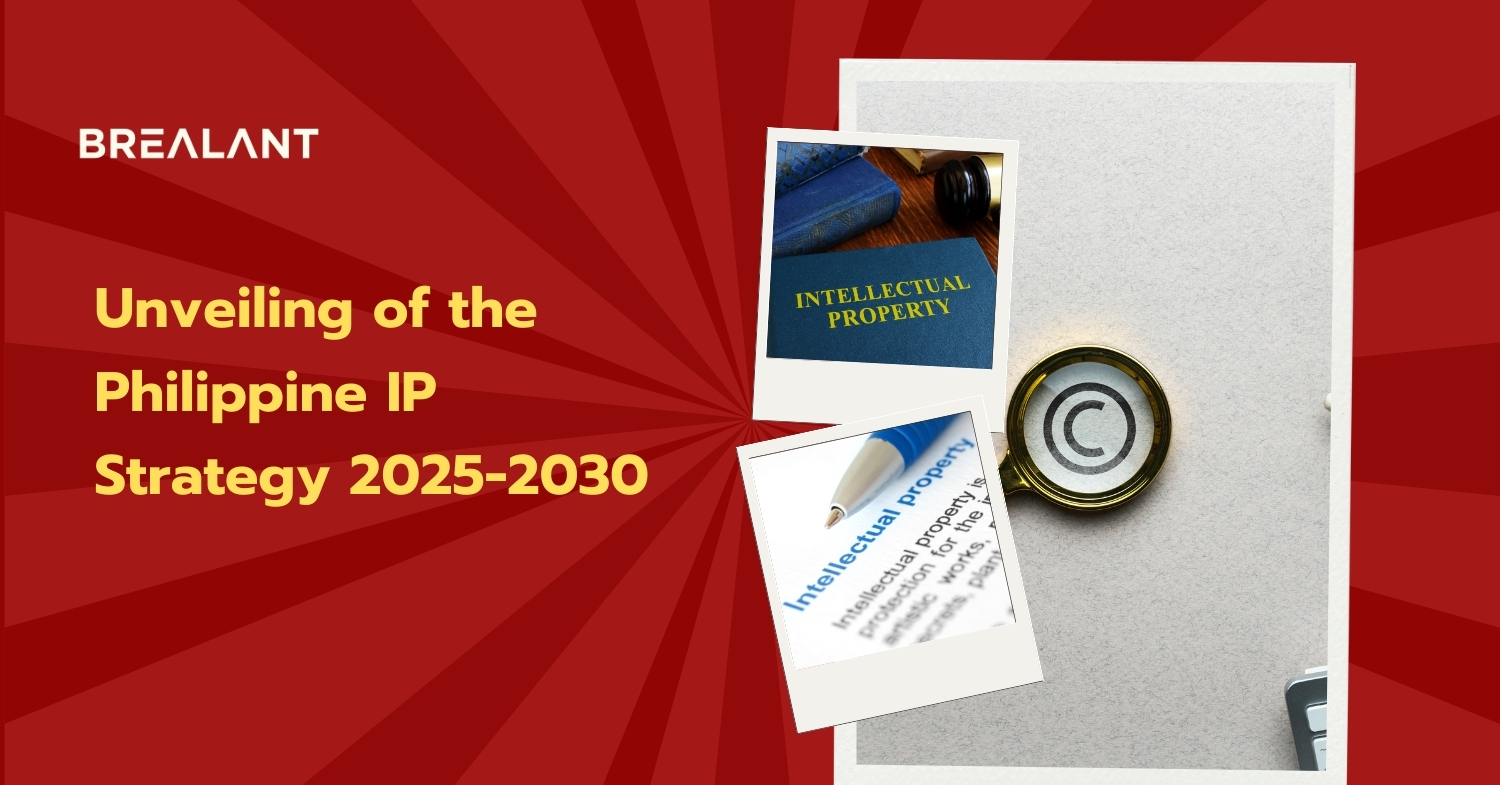

The Philippines has long been committed to advancing its position in the global landscape of intellectual property (IP) protection and innovation. The Unveiling of the Philippine IP Strategy 2025-2030 marks a transformative step in strengthening the country’s IP framework to foster creativity, support innovation, and enhance its economic growth. As the world enters a new phase of digitalization and technology-driven progress, the new strategy aims to address emerging challenges and align the country’s IP policies with the changing needs of industries, businesses, and the wider community.
The Philippine Intellectual Property Strategy for 2025-2030 is a long-term roadmap designed to enhance the country’s IP system over the next several years. It aims to create a more robust and responsive IP environment, encouraging local and global businesses to innovate and create intellectual property assets. At its core, the strategy focuses on making IP protection more accessible, efficient, and aligned with international best practices while also promoting awareness and understanding of IP rights among Filipino citizens.
This initiative is part of the government’s broader commitment to advancing the knowledge economy and securing a competitive edge for the Philippines in global markets. With the rapid evolution of digital technologies, the Philippine government recognizes the urgent need for an adaptive and progressive IP policy framework that will cater to the country’s unique needs and challenges.
The Unveiling of the Philippine IP Strategy 2025-2030 outlines several ambitious objectives, each targeting specific areas of development that aim to improve the country’s IP landscape. Below are some of the key goals of this forward-looking strategy:
1.Strengthening IP Protection and Enforcement
One of the primary objectives of the Philippine IP Strategy is to enhance the protection and enforcement of intellectual property rights. This includes improving the capabilities of the Intellectual Property Office of the Philippines (IPOPHL) to deal with rising IP-related disputes and challenges in a fast-evolving digital landscape. By strengthening enforcement mechanisms, the Philippines aims to ensure that IP rights holders can effectively protect their creations from infringement and piracy, which is crucial to nurturing innovation.
2.Boosting IP Awareness and Education
A critical element in the strategy is enhancing IP awareness across all sectors of society. The Philippine government understands that for the IP system to be effective, there must be widespread knowledge and understanding of IP rights. This will include initiatives to educate businesses, creators, students, and the general public about the benefits and significance of intellectual property. As IP becomes more integrated into various industries, the need for comprehensive awareness campaigns becomes increasingly important.
3.Fostering Innovation and Creativity
The strategy emphasizes the importance of nurturing innovation as a key driver of economic growth. It aims to create a supportive environment for inventors, creators, and entrepreneurs to develop new technologies and creative works. The government seeks to encourage more Filipinos to innovate and generate IP assets, particularly in emerging sectors such as information technology, biotechnology, and creative industries. Through fostering innovation, the Philippines hopes to stimulate the growth of local industries and enhance its global competitiveness.
4.Enhancing IP Infrastructure
A vital part of the Philippine IP Strategy is modernizing and upgrading the country’s IP infrastructure, particularly in digital services. The strategy recognizes the importance of a modernized IP system that can handle the increasing volume of online content and digital inventions. This includes improving the IPOPHL’s online systems for filing and managing IP applications, as well as adopting new technologies to streamline IP processes and make them more accessible to businesses and individuals.
5.Aligning with Global Standards
As the global economy becomes more interconnected, it is essential that the Philippines aligns its IP policies with international standards and agreements. The IP Strategy 2025-2030 outlines the country's commitment to fulfilling its obligations under international IP treaties, such as the World Intellectual Property Organization (WIPO) agreements and the Agreement on Trade-Related Aspects of Intellectual Property Rights (TRIPS). By adhering to these agreements, the Philippines can better integrate into global markets and attract foreign investments.
6.Promoting the Commercialization of IP
The strategy also highlights the need to promote the commercialization of IP assets. This includes encouraging the commercialization of patents, trademarks, and other forms of IP, making it easier for creators and businesses to turn their intellectual property into valuable marketable products and services. This is expected to contribute to the country’s economic growth and generate new job opportunities, especially in industries that rely on IP assets.
The successful implementation of the Unveiling of the Philippine IP Strategy 2025-2030 will require coordinated efforts across various stakeholders, including government agencies, private sectors, academic institutions, and civil society. The strategy calls for a multi-stakeholder approach to IP governance, with the IPOPHL playing a key role in driving and coordinating initiatives. Additionally, it encourages collaboration with international organizations and trade partners to ensure that the Philippines remains at the forefront of global IP trends.
Key strategies for implementation include:
●Strengthening partnerships between government agencies and the private sector to promote IP development.
●Establishing training programs for local IP professionals, entrepreneurs, and government officials to improve their knowledge and expertise.
●Expanding the use of technology to improve the efficiency of IP services and reduce bureaucratic hurdles.
●Launching awareness campaigns targeted at different groups, from students to businesses, to emphasize the importance of IP protection.
The unveiling of the Philippine IP Strategy 2025-2030 represents a forward-thinking approach to intellectual property that positions the country as a leader in innovation and creativity in the region. By focusing on enhancing IP protection, promoting awareness, fostering innovation, and aligning with global standards, the strategy seeks to create a more dynamic and competitive IP environment for the Philippines.
As the strategy unfolds, it will be crucial for stakeholders to work together to ensure that the objectives are met and that the country continues to build a sustainable knowledge-based economy. For businesses, innovators, and creators, the new IP strategy offers exciting opportunities for growth and global recognition.For more details related to the unveiling of the Philippine IP Strategy, don’t hesitate to contact us!